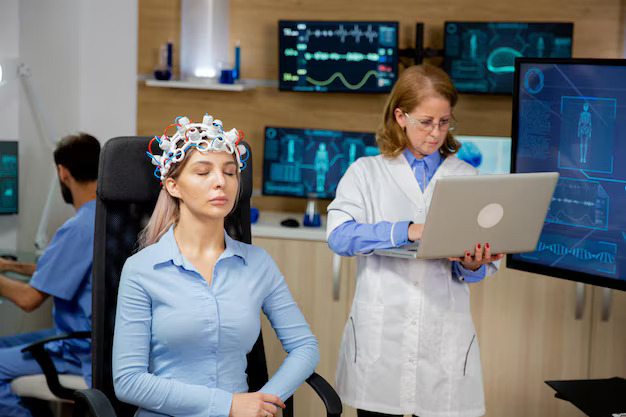The Impact of Generative AI and RAG on Personalized Learning
Generative AI & RAG transform education by personalized learning, accurate content & enhanced tools.


The Impact of Generative AI and RAG on Personalized Learning
What if school wasn’t one-size-fits-all but instead felt designed just for you?
That’s precisely driven by the integration of cutting-edge technologies like Generative AI and Retrieval-Augmented Generation (RAG).
These innovations are reshaping how students learn, how teachers teach, and how educational content is delivered and consumed.

6 Key Factors to Consider with Generative AI and RAG in Education
By offering unprecedented levels of personalization, adaptability, and engagement, generative AI and RAG are paving the way for a more inclusive, efficient, and effective educational experience.
This article explores the transformative impact of these technologies on education, highlighting their potential to create tailored learning journeys for every student—and why it might just change the way you think about education forever.
Check this out too! How is RAG used in Generative AI
The Rise of Personalized Learning Through AI
Generative AI and RAG in education are at the forefront of the personalized learning revolution. They address one of the most significant challenges in traditional education: the one-size-fits-all approach.
By using these technologies, educational institutions can now offer customized content and learning paths that cater to individual student needs, learning styles, and paces.
Key Points:
Adaptive Learning Paths
RAG models can create dynamic learning sequences that adjust based on a student's performance and understanding, ensuring that each learner is appropriately challenged and supported.
Real-Time Assistance
AI-powered tools provide immediate feedback and support, answering questions and offering explanations as students encounter difficulties.
Diverse Content Generation
Generative AI can produce a wide range of educational materials, from explanatory texts to practice problems, tailored to each student's level and interests.
More on RAG here: Retrieval Augmented Generation (rag): Overview, History & Process
Enhancing Content Accuracy and Relevance
One of the most significant advantages of RAG in education is its ability to ensure the accuracy and relevance of educational content.
By combining the power of large language models with the ability to retrieve information from verified sources, RAG systems can provide up-to-date, curriculum-aligned content.
Key Points:
Content Verification
RAG models can cross-reference generated content with authoritative sources, reducing the risk of misinformation.
Curriculum Alignment
These systems can match content with specific curriculum requirements, ensuring that students receive materials that are directly relevant to their coursework.
Dynamic Updates
As knowledge in various fields evolves, RAG systems can incorporate new information, keeping educational content current and accurate.
Empowering Educators
While AI and RAG technologies offer powerful tools for personalized learning, they are not intended to replace teachers but rather to augment and support their roles.
These technologies can free up educators' time from routine tasks, allowing them to focus on higher-value activities such as mentoring, problem-solving, and fostering creativity.
Key Points:
AI-Assisted Lesson Planning
Generative AI in education can help teachers create customized lesson plans and teaching materials more efficiently.
Automated Grading and Feedback
AI systems can handle routine grading tasks, providing detailed feedback to students and insights to teachers.
Data-Driven Insights
RAG models can analyze student performance data, offering teachers valuable insights into individual and class-wide learning trends.
Fostering Critical Thinking and Research Skills
Contrary to concerns that AI might hinder critical thinking when properly implemented, generative AI and RAG in education can actually enhance these crucial skills.
By providing students with tools to explore vast amounts of information and generate new ideas, these technologies can foster deeper engagement with content and encourage independent learning.
Key Points:
Enhanced Information Literacy
Students learn to critically evaluate AI-generated content, developing essential digital literacy skills.
Guided Research
RAG systems can help students navigate complex topics, suggesting relevant sources and connections between ideas.
Creative Problem-Solving
Generative AI can stimulate creative thinking by offering diverse perspectives and novel approaches to problems.
Generative AI in education, exemplified by Duolingo Max's use of GPT-4, enables highly personalized learning experiences through features like "Explain My Answer" and "Roleplay", allowing for tailored content delivery, real-time feedback, and virtual conversation practice, while also assisting educators in course design and content creation across various subjects.
Streamlining Content Discovery
RAG models are revolutionizing how students and educators discover and access educational content.
By simplifying the process of finding relevant resources, these technologies are making learning more efficient and encouraging independent exploration.
Key Points:
Efficient Resource Retrieval
RAG models excel at quickly locating and presenting relevant educational materials from vast databases.
Personalized Recommendations
These systems can suggest additional resources based on a student's interests and learning goals, fostering curiosity and self-directed learning.
Interactive Q&A Sections
RAG-powered platforms enhance online education by providing accurate and timely responses to student queries.
Read more on Generative AI here: Your Comprehensive Guide to the 6 Types of Generative AI
Preparing Students for Future Challenges
As education evolves, RAG models play a crucial role in equipping students with the skills needed to navigate an increasingly complex world.
These technologies not only facilitate learning but also help students develop competencies essential for future successes.
Key Points:
Adaptability to Evolving Standards
RAG models can quickly incorporate new educational standards, ensuring students are always learning the most relevant and up-to-date information.
Building Research Skills
By encouraging students to explore diverse sources and synthesize information, RAG models foster vital research capabilities.
Cultivating Digital Literacy
Interaction with AI-powered educational tools helps students develop the digital skills necessary for the future workforce.
%2520demonstrated_.jpeg)
Key Research Studies and Discoveries
Research Studies and Findings
Recent studies have provided valuable insights into the effectiveness and implications of using AI and RAG systems in educational settings:
Impact of RAG Systems on Learning Outcomes in Psychology Education
A comparative study examined the effects of AI assistance on student performance in an introductory psychology course.
The research compared three conditions:
- RAG-based AI tutor
- GPT-4 Turbo
- Control group (no AI assistance)
Key findings:
- Both AI-assisted groups outperformed the control group on a post-task quiz
- Mean scores (out of 18 points):
- RAG-based AI tutor: 10.81
- GPT-4 Turbo: 11.31
- Control group: 9.22
- The study suggests that AI assistance, particularly RAG systems, can enhance learning when used for writing assignments
Addressing Hallucinations in Educational AI Models
An investigation into methods for reducing hallucinations in Large Language Models (LLMs) used in educational settings revealed several effective techniques:
- Retrieval-Augmented Generation (RAG):
- Found to be highly effective in grounding responses in external knowledge sources
- Significantly reduced the occurrence of hallucinations
- Other beneficial techniques:
- Fine-tuning models on domain-specific data
- Implementing logical reasoning frameworks
- Using iterative querying to refine responses
RAG Implementation in Academic Writing Support Systems
A case study on the development and implementation of a RAG-enhanced AI chatbot for education in academic writing support provided insights into the benefits of this technology:
- The system, called AWAITS (Academic Writing AI Tutoring System), was built upon an existing AI chatbot (CHAT4-ISP)
- Key improvements after RAG integration:
- Increased accuracy in providing context-specific responses
- Significant reduction in hallucinations
- Enhanced ability to reference relevant academic sources
- The study highlighted the importance of:
- Maintaining a "human in the loop" approach for ethical oversight
- Regularly updating the knowledge base to ensure current information
- Tailoring the system to specific academic disciplines and writing styles
Comparative Analysis of Educational AI Chatbots
A comprehensive comparison of different AI chatbots in education revealed the advantages of RAG-equipped systems:
- Systems compared:
- AWAITS (RAG-equipped)
- CHAT4-ISP (non-RAG)
- ChatGPT (general-purpose AI)
- Key findings:
- RAG-equipped systems (like AWAITS) demonstrated:
- Superior educational focus
- Better customization options for specific courses or disciplines
- Improved privacy compliance particularly important in educational settings
- General-purpose AI (like ChatGPT) showed versatility but lacked specificity for educational tasks
- Non-RAG systems (like CHAT4-ISP) were more limited in their ability to provide accurate, context-specific information
- RAG-equipped systems (like AWAITS) demonstrated:
Technical Foundations and Challenges of Generative AI in Education
A comprehensive review of generative AI in education explored its technical foundations, applications, and associated challenges:
- Technical foundations:
- Development of large language models (e.g., ChatGPT, GPT-4)
- Advancements in natural language processing and generation
- Potential applications:
- Personalized learning experiences
- Adaptive content generation
- Automated grading and feedback systems
- Intelligent tutoring systems
- Challenges identified:
- Ethical concerns regarding AI-generated content and potential biases
- Data privacy issues, especially concerning student information
- Need for responsible implementation and oversight of AI technologies
- Ensuring equitable access to AI-enhanced educational tools
- Balancing AI assistance with the development of critical thinking skills
Read Also : Generative AI Ethics and How to Follow Them when Using AI

Key Challenges and Considerations with Generative AI and RAG in Education
Challenges and Considerations
While the potential of generative AI and RAG in education is immense, their implementation comes with challenges that must be carefully addressed:
Data Privacy and Security
The use of AI in education raises important questions about student data protection and privacy .
Equity and Access
There's a risk of exacerbating educational inequalities if access to AI-powered tools is not equitably distributed.
Ethical Use
Ensuring that AI is used ethically in education, particularly in assessment and decision-making processes, is crucial.
Teacher Training
Educators need support and training to effectively integrate AI tools into their teaching practices.
Therefore,
Generative AI and Retrieval-Augmented Generation (RAG) can completely reshape education by making learning more personal, engaging, and efficient than ever before.
But with this potential comes serious responsibility. To truly revolutionize education, we need to address important concerns around equity, ethics, and privacy. It’s not just about throwing AI into classrooms—it’s about using it wisely.
Educators, policymakers, and technologists must collaborate to ensure AI supports and enhances teaching rather than replacing the human touch that’s so essential in learning.
The future of education lies in our hands. By thoughtfully integrating AI, we can build a system that meets the challenges of the 21st century and empowers students to thrive in a constantly evolving world.
As these technologies advance, they’ll prepare students with the skills, knowledge, and mindset they need to succeed in an AI-driven world.
Makebot is All You Need
Unlock the power of conversational AI with Makebot, the leader in advanced AI chatbot solutions for any industry. Trusted by over 1,000 clients and millions of users, Makebot delivers cutting-edge, customizable chatbots powered by LLM, ensuring both performance and cost-efficiency.
Why Choose Makebot?
- Tailored Enterprise Solutions: Trusted by Korea’s top companies with industry-specific AI solutions.
- Advanced Technology: Featuring hybrid RAG systems to minimize errors and boost accuracy.
- Cost-Effective: High-performance, scalable sLLM models suited for diverse tasks.
Ready to transform your customer engagement? Contact Makebot today and lead the AI revolution.
Inquiries: b2b@makebot.a

Studies Reveal Generative AI Enhances Physician-Patient Communication




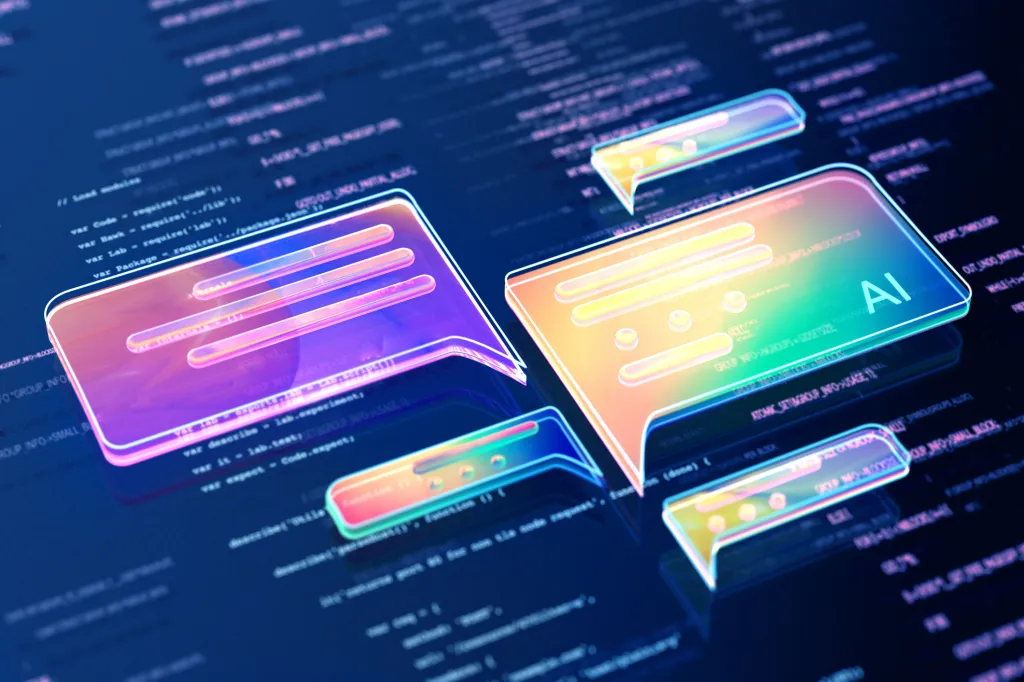



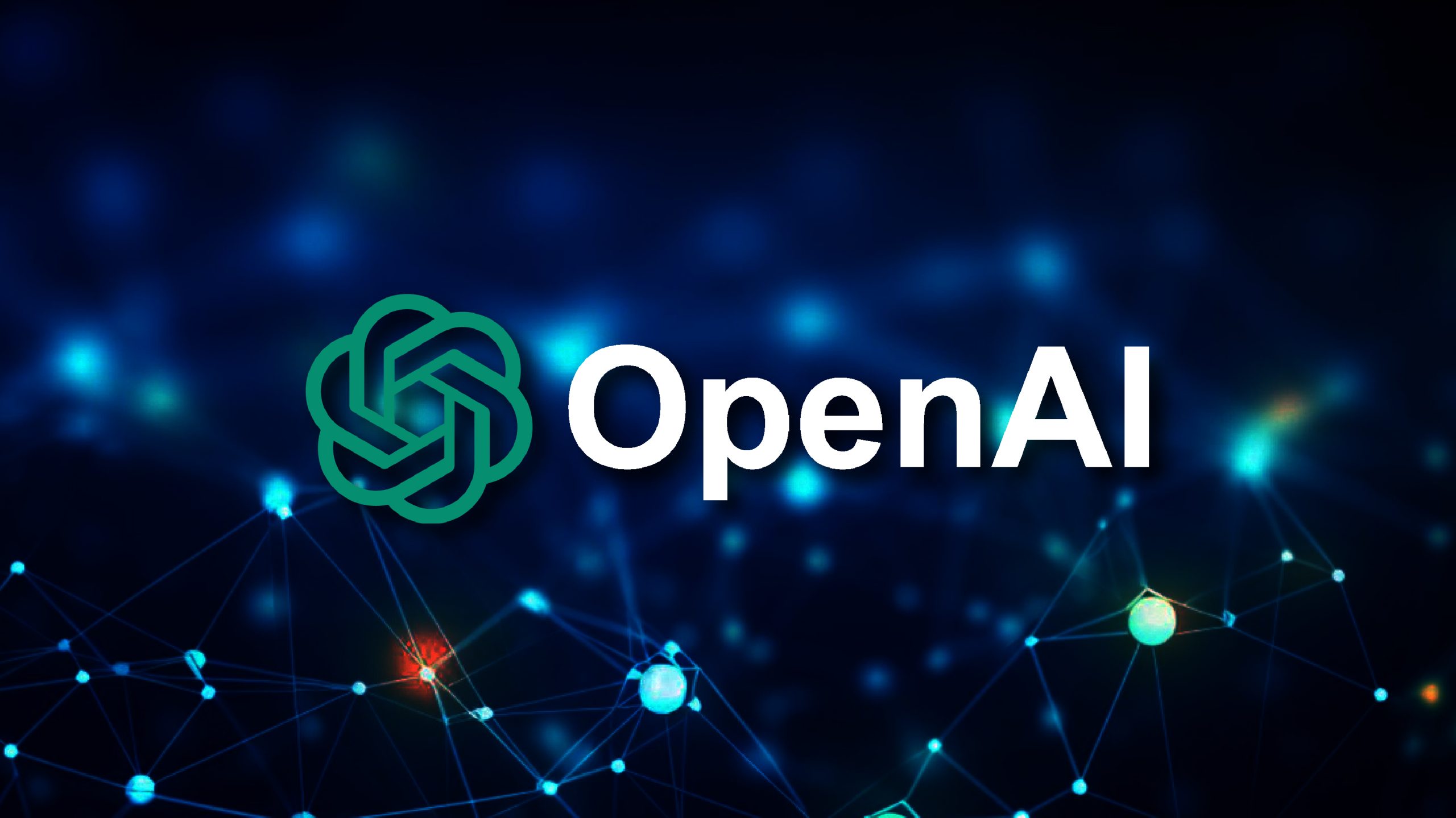



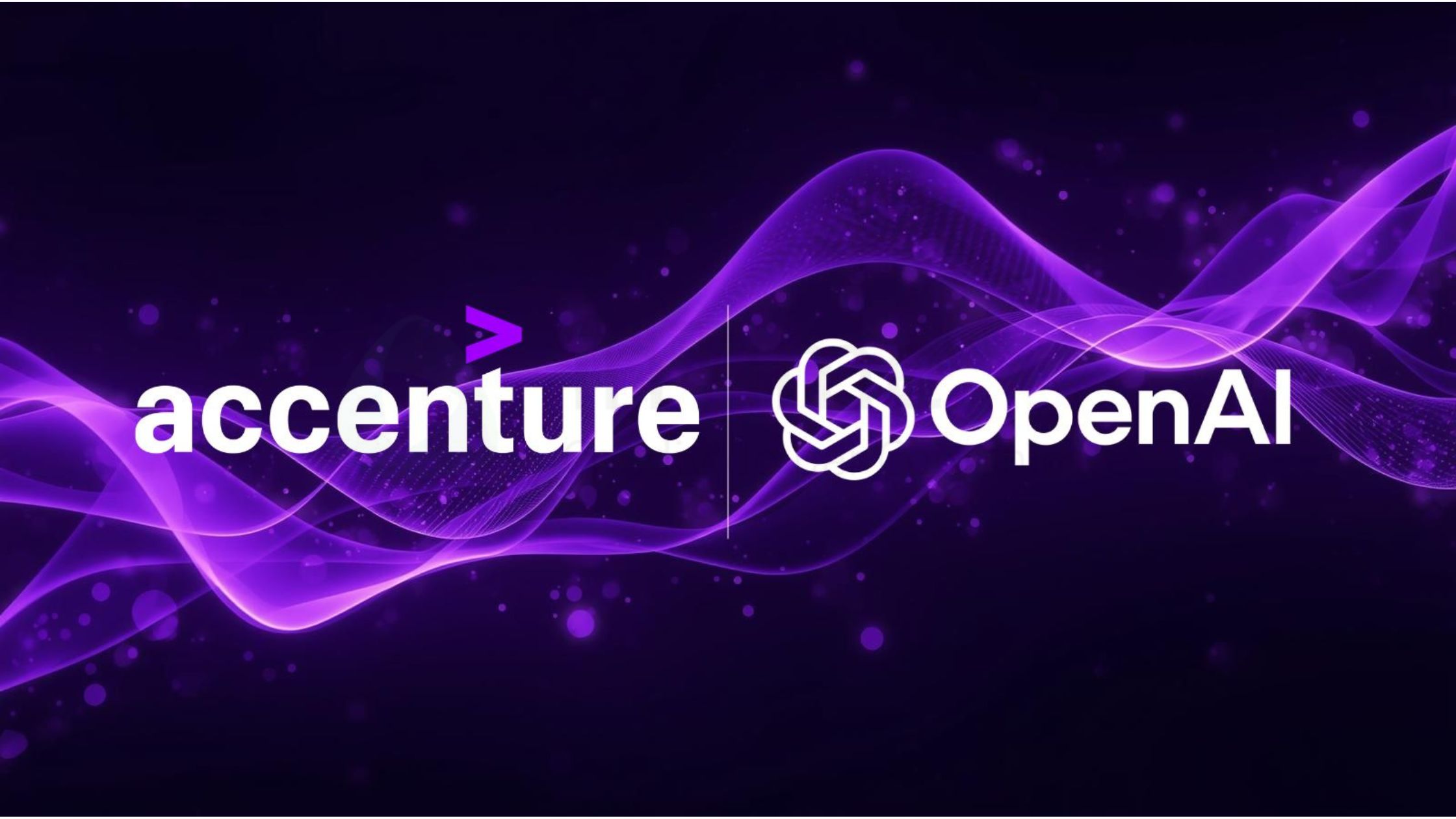
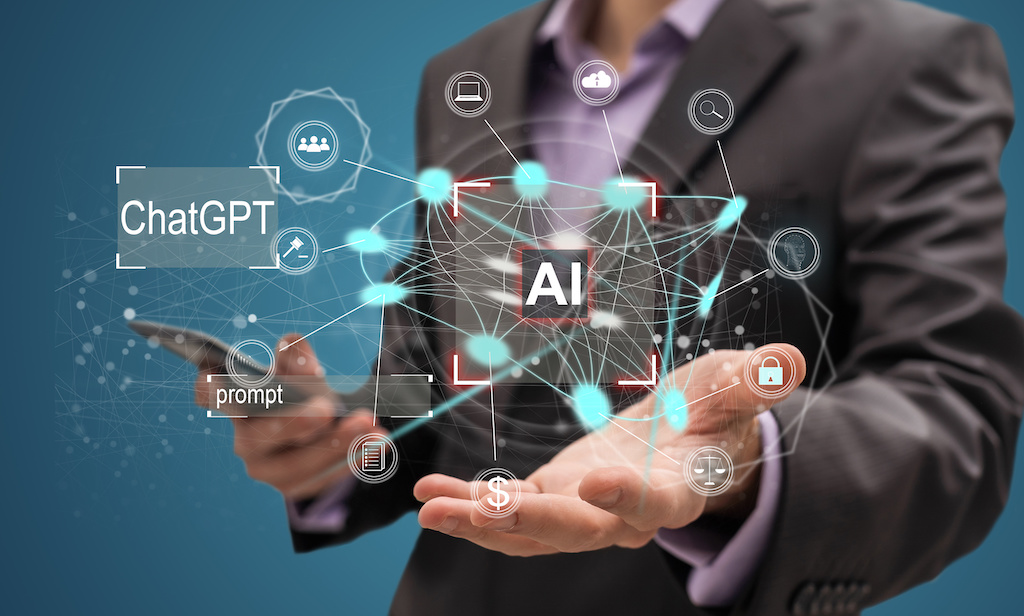




















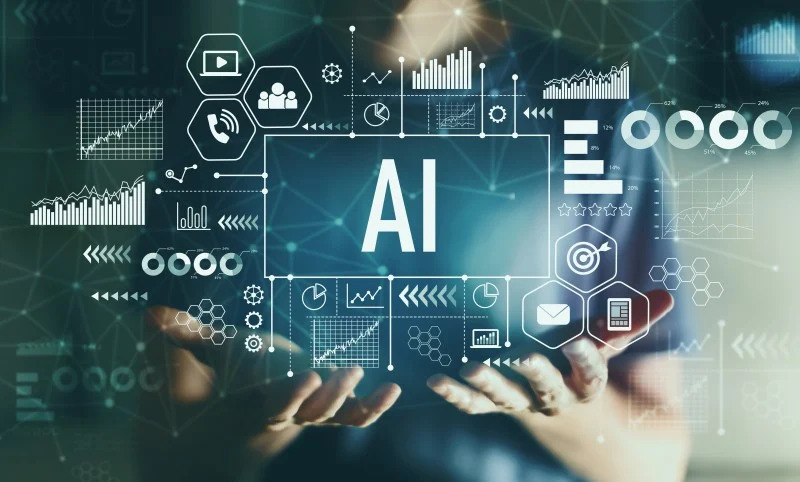









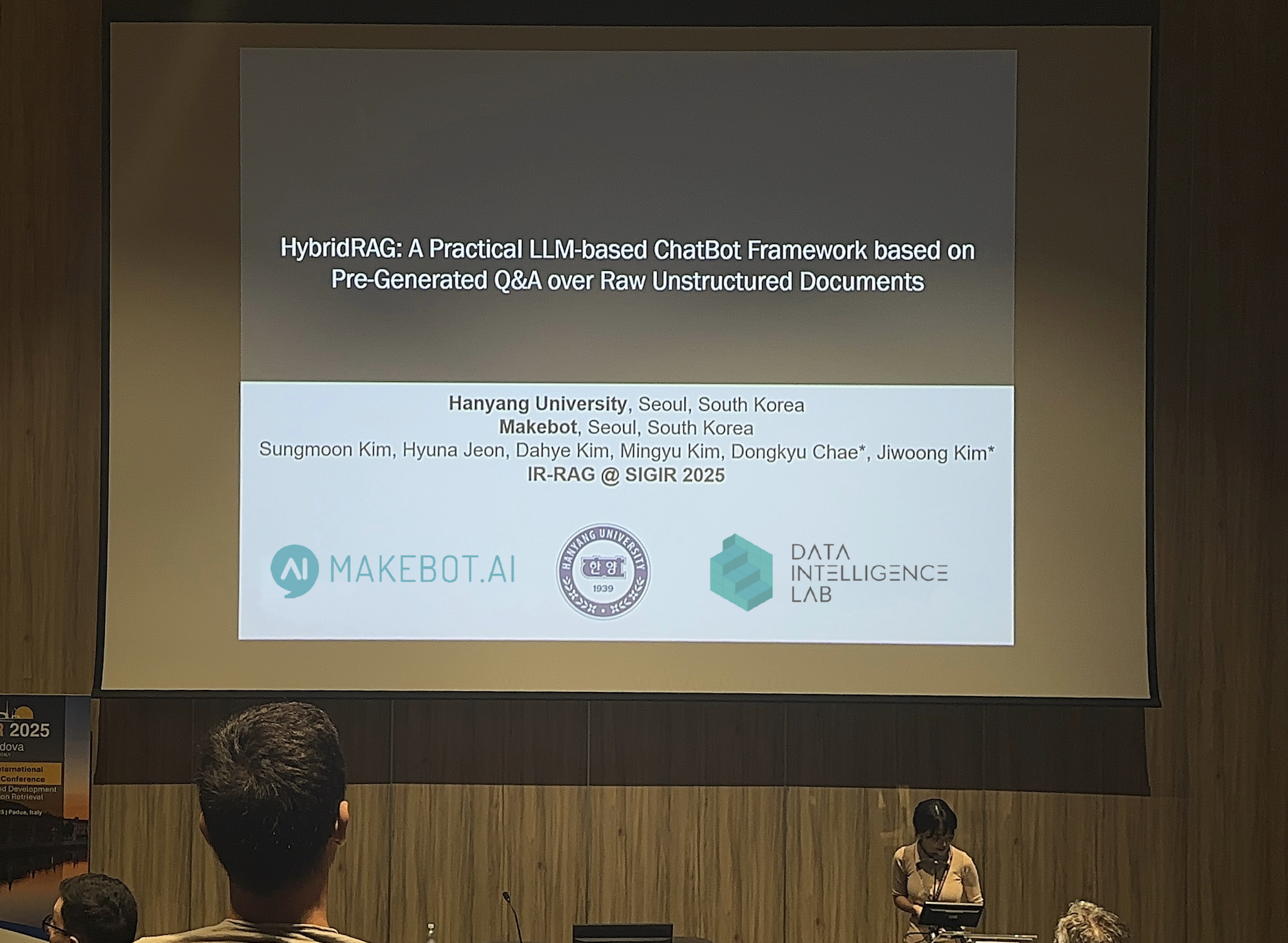









_2.png)












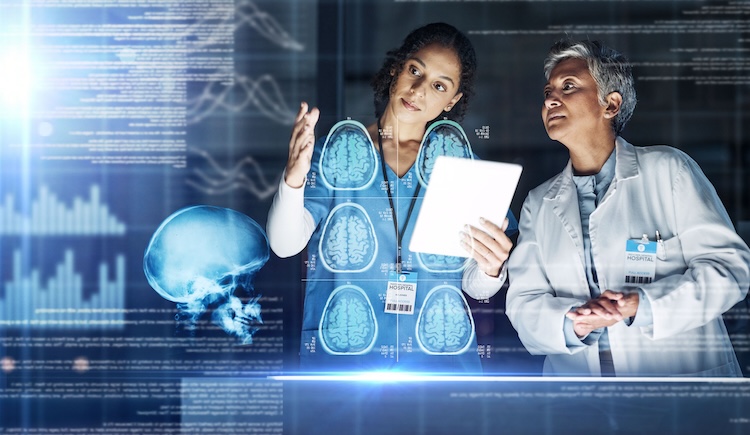





.jpg)













